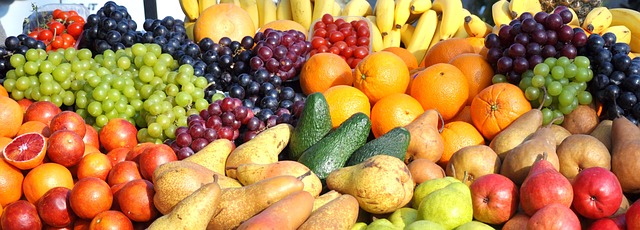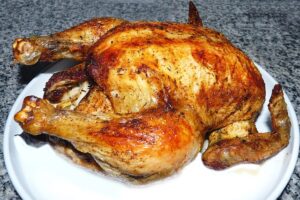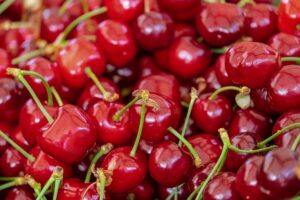Introduction
Protein farts, also known as protein-induced flatulence, are a common occurrence among individuals who consume high amounts of protein in their diet. These farts are often associated with a distinct odor and increased frequency compared to regular flatulence. In this article, we will explore the reasons behind protein farts, their impact on the digestive system, and potential ways to manage them.
Causes of Protein Farts
Dietary Changes: When individuals increase their protein intake, especially through supplements or high-protein foods, it can lead to an excess of undigested protein reaching the large intestine. This undigested protein is then broken down by bacteria, resulting in the production of gases such as hydrogen, methane, and sulfur compounds. These gases are responsible for the foul odor associated with protein farts.
Types of Protein: Some types of protein, such as whey protein, contain lactose or lactose-like compounds. Lactose intolerance or sensitivity can cause digestive discomfort, including increased flatulence. Additionally, certain protein sources, such as beans and legumes, contain complex carbohydrates that are not easily digested by the body, leading to increased gas production.
Imbalance in Gut Bacteria: The composition of gut bacteria plays a crucial role in the digestion and breakdown of food. An imbalance in gut bacteria, often caused by sudden changes in diet or antibiotic use, can result in increased gas production and protein farts.
Impact on the Digestive System
While protein farts may be embarrassing or inconvenient, they are generally harmless and not a cause for concern. However, excessive flatulence can sometimes be accompanied by other digestive symptoms, such as bloating, abdominal discomfort, or diarrhea. If these symptoms persist or worsen, it is advisable to consult a healthcare professional to rule out any underlying digestive disorders.
Managing Protein Farts
Gradual Increase in Protein Intake: Instead of abruptly increasing protein consumption, it is recommended to gradually introduce higher protein foods or supplements into the diet. This allows the body to adjust to the changes and reduces the likelihood of excessive gas production.
Choosing Protein Sources Wisely: Opting for protein sources that are easier to digest, such as lean meats, poultry, fish, and eggs, can help minimize the occurrence of protein farts. Additionally, incorporating plant-based proteins like tofu, tempeh, and quinoa can be beneficial for individuals who experience excessive gas with animal-based proteins.
Enzyme Supplements: Digestive enzyme supplements, such as those containing lactase or alpha-galactosidase, can aid in the breakdown of proteins and carbohydrates, reducing the likelihood of protein farts. However, it is advisable to consult a healthcare professional before starting any new supplements.
Probiotics: Probiotics are beneficial bacteria that can help restore the balance of gut flora. Including probiotic-rich foods like yogurt, kefir, sauerkraut, or taking probiotic supplements may help improve digestion and reduce gas production.
Conclusion
Protein farts are a common occurrence when individuals consume high amounts of protein in their diet. They are primarily caused by dietary changes, specific types of protein, and imbalances in gut bacteria. While they are generally harmless, managing protein farts can be achieved through gradual increases in protein intake, choosing protein sources wisely, using enzyme supplements, and incorporating probiotics into the diet. If digestive symptoms persist or worsen, it is advisable to seek medical advice.
References
1. Mayo Clinic: mayoclinic.org
2. National Institute of Diabetes and Digestive and Kidney Diseases: niddk.nih.gov
3. Harvard Health Publishing: health.harvard.edu
4. WebMD: webmd.com











